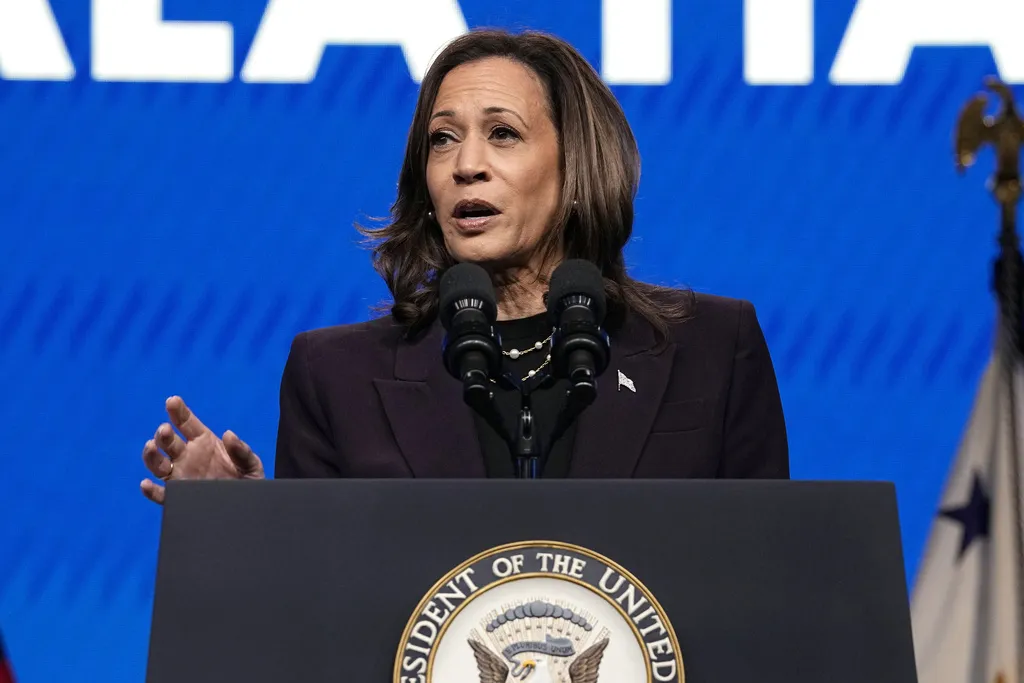Presidential Candidates and Their Hesitance on Poverty Initiatives

Presidential Candidates and Their Hesitance on Poverty Initiatives
Presidential candidates hesitate to address poverty directly, opting for policies that prioritize the middle class. Vice President Kamala Harris recently declared that building up the middle class will be a defining goal of her presidency, arguing that a strong middle class correlates with a strong America.
However, critics suggest that this middle-class focus may overlook crucial poverty-related problems. According to a Pew poll, 90% of Americans believe that addressing the issues faced by the poor should be an important priority for the president and Congress in 2024. Over half of Democrats echo this sentiment.
Critique of Current Economic Strategies
- Potential Harm to Low-Income Individuals: Some inclusive policies could inadvertently hurt the poor.
- Cost of Inclusive Policies: Relying heavily on inclusive initiatives can become expensive, quickly straining budgets.
- Necessity for Targeted Aid: A more direct approach may be needed to assist those in most urgent need.
A Trump presidency, for instance, could worsen conditions for low-income Americans through proposed tariff hikes and tax cuts benefitting higher earners. Conversely, Democrats advocate for a middle-focused economic strategy claiming that enhancing the middle class will positively affect overall economic health.
Harris emphasizes creating opportunities that enhance economic security, asserting that no child should live in poverty. Yet, this focus on children neglects the adults who are struggling.
Political Implications of Policy Choices
Though appealing, the Democrats' tactics rely on cross-class coalitions that emphasize class over race, potentially alienating many. Harris's proposed tax breaks and homebuyer assistance could appeal to lower-income Republicans hesitant about welfare solutions.
Yet, the promise of inclusive programs necessitates substantial funding, potentially requiring an additional $170-200 billion annually. Financing such expansive policy goals poses significant challenges, particularly in maintaining the current tax structure. In light of these challenges, Democrats may need to consider adopting a more targeted approach.
Experts suggest that targeted assistance may prove beneficial, as historical data showcases that spending on means-tested programs dramatically increased between 1979 and 2019.
In conclusion, while the focus on the middle class is politically beneficial, a reevaluation of strategies targeting low-income communities is essential for creating substantial improvements for millions of Americans.
This article was prepared using information from open sources in accordance with the principles of Ethical Policy. The editorial team is not responsible for absolute accuracy, as it relies on data from the sources referenced.